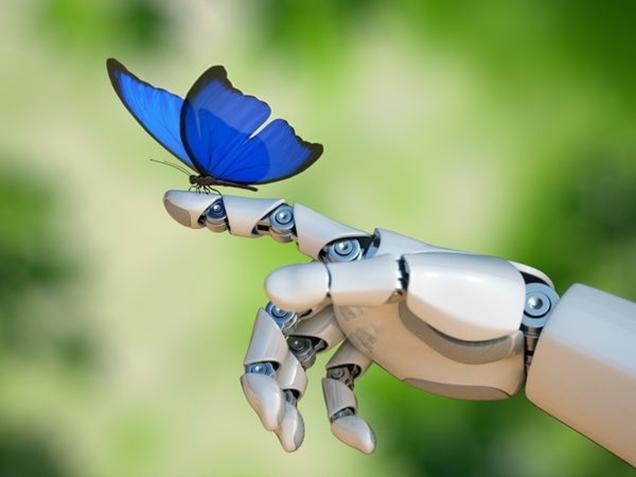In a rapidly evolving world, the intersection of artificial intelligence (AI) and sustainable development has opened up a plethora of possibilities. As we confront pressing global challenges such as climate change, resource depletion, and social inequality, AI emerges as a powerful tool that can drive positive change and contribute to the achievement of sustainable development goals (SDGs). In this blog post, we will explore the various applications of AI in promoting sustainability and discuss the exciting opportunities it presents.
Table of Contents
Climate Change Mitigation and Adaptation:
AI is a key player in the fight against climate change. Machine learning algorithms analyze massive datasets to model climate patterns, predict extreme weather events, and optimize energy consumption. Smart grids, powered by AI, enable efficient energy distribution, reducing carbon footprints. Additionally, AI aids in monitoring deforestation, managing wildlife conservation, and enhancing agriculture practices to ensure food security in the face of climate uncertainties.
Renewable Energy Optimization:
The integration of AI into renewable energy systems is revolutionizing the way we harness and utilize clean energy sources. AI algorithms optimize the performance of solar panels and wind turbines, predicting energy production and enabling better grid management. This not only increases the efficiency of renewable energy systems but also makes them more economically viable, accelerating the transition to a sustainable energy future.
Sustainable Agriculture:
AI-driven precision agriculture is transforming the agricultural landscape. From crop monitoring and disease prediction to automated harvesting, AI technologies enhance productivity while minimizing environmental impact. Drones equipped with AI analyze crop health, optimizing the use of water and pesticides. This not only increases yields but also promotes sustainable farming practices, contributing to SDGs related to zero hunger and responsible consumption.
Conservation and Biodiversity:
AI is a valuable ally in the conservation of biodiversity. Image recognition algorithms help identify and track endangered species, monitoring their populations and habitats. Machine learning assists in analyzing complex ecological systems, allowing scientists to make informed decisions for the protection of biodiversity hotspots. Through AI, we can develop comprehensive strategies to address the loss of biodiversity, a critical component of sustainable development.
Healthcare Access and Equity:
AI plays a crucial role in improving healthcare access and equity, addressing SDGs related to health and well-being. Telemedicine platforms, powered by AI, provide healthcare services to remote areas, bridging the gap between urban and rural healthcare disparities. Machine learning algorithms help in early disease detection, personalized treatment plans, and efficient healthcare resource allocation, contributing to universal health coverage and reduced mortality rates.
Smart Cities and Sustainable Urbanization:
As the global population continues to urbanize, creating sustainable and smart cities becomes imperative. AI-driven solutions optimize transportation systems, manage energy consumption, and enhance waste management. Smart grids, traffic management, and efficient public services contribute to reducing environmental impact and improving the quality of life in urban areas, aligning with SDGs focused on sustainable cities and communities.
Opportunities for Collaboration and Innovation:
The integration of AI into sustainable development efforts opens up opportunities for collaboration between governments, businesses, and technology experts. Cross-sector partnerships can leverage AI to address complex challenges, fostering innovation and creating scalable solutions. Startups and established companies alike can contribute to sustainable development by developing AI applications that address specific needs within various sectors.
Conclusion:
AI is a catalyst for sustainable development, offering innovative solutions to some of the most pressing global challenges. As we navigate the complexities of the 21st century, harnessing the power of AI in alignment with sustainable development goals is essential. Through strategic collaborations and ethical AI deployment, we can build a future where technology not only advances economic growth but also ensures the well-being of our planet and its inhabitants. The opportunities are vast, and the time to embrace AI for sustainable development is now.
